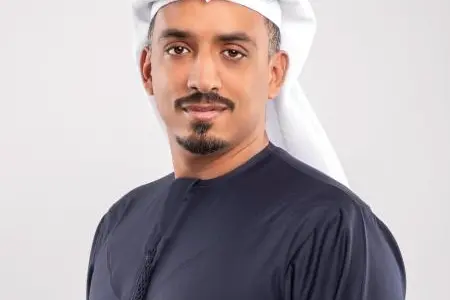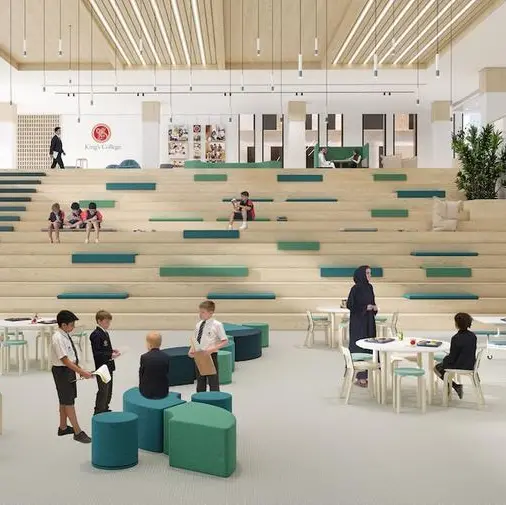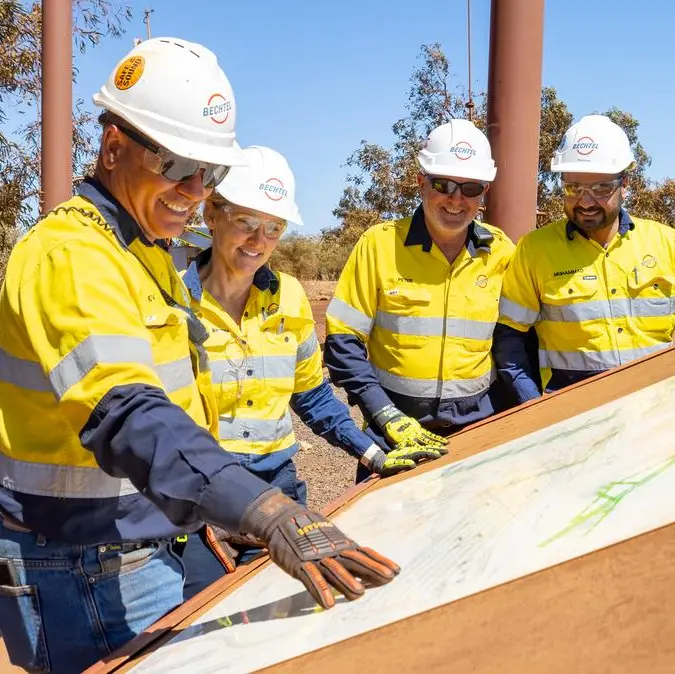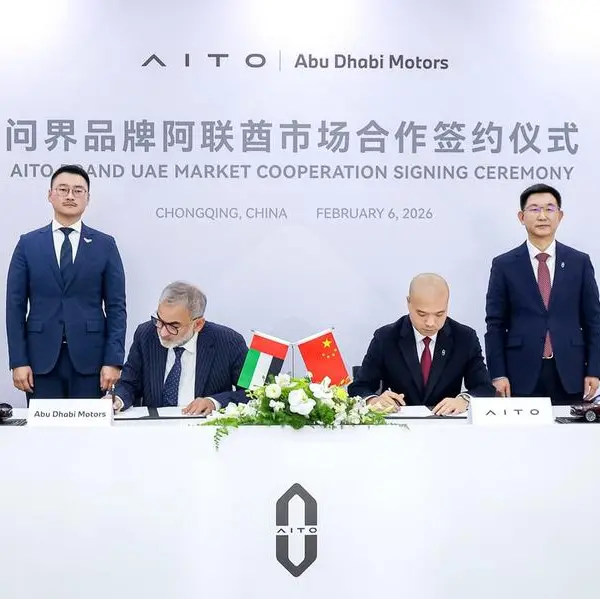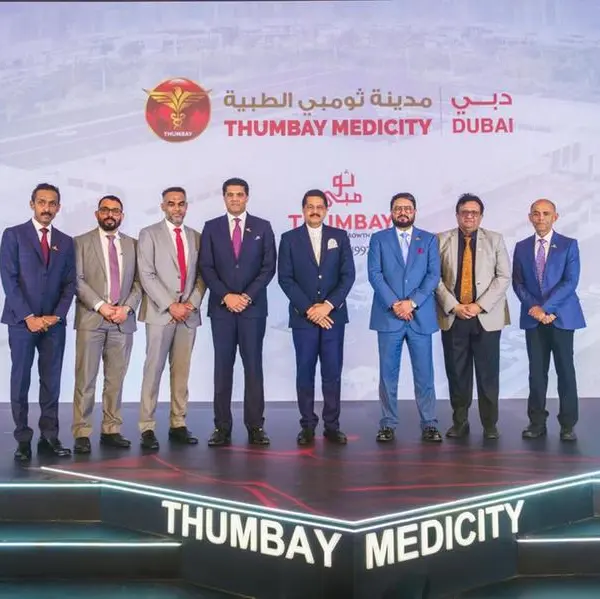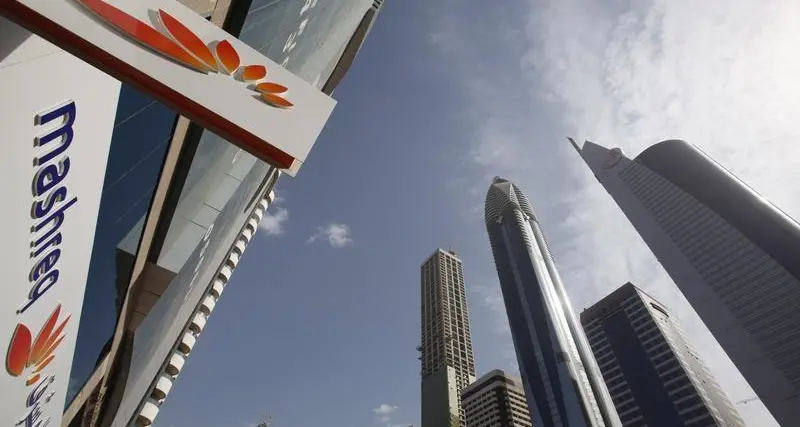PHOTO
White paper, infographics in JPEG and open files available to download here: https://www.dropbox.com/sh/vwp31f0wp95ttz9/AACf6F9RpZEC1Vn4B3RyKz6ta?dl=0
- The research study included a quantitative survey with 2,974 Emirati university students pursuing degrees in the UAE and abroad as well as four qualitative focus groups to explore the youth’s vision for the future of the nation
- White paper on the findings titled ‘Looking to the Future’ unveiled at third session of the Majlis, held under the theme ‘Thriving in the Next Normal’
Abu Dhabi, UAE – An overwhelming majority of Emirati youth are optimistic that the UAE’s best days are still ahead and most expect the world to go through a major positive transformation over the next 50 years, according to a survey commissioned by the Mohamed Bin Zayed Majlis for Future Generations (MBZMFG), unveiled today at the third session of the Majlis, under the patronage of His Highness Sheikh Mohamed bin Zayed bin Sultan Al Nahyan, Crown Prince of Abu Dhabi and Deputy Supreme Commander of the UAE Armed Forces.
In the largest evidence-based study exploring the views of Emirati youth on the future, 91 per cent of respondents say the UAE’s best days are still ahead and 78 per cent expect to have a better life than their parents did, while merely 3 per cent expect to be worse off. Young Emirati women are particularly optimistic about their lives, with 83 per cent expressing confidence of having a better life than their parents.
The survey reveals that for Emirati youth their personal success is seen as being closely interlinked with the success of their nation. Nearly one-third (28 per cent) say that contributing to the UAE’s well-being and prosperity is the most important goal for them, more so than creating a stable and happy family (23 per cent) or pursuing a successful and fulfilling career (15 per cent). Further, 90 per cent of the Emiratis currently studying abroad say they plan to return home to start their professional career.
The survey was conducted in two phases by PSB Insights, a global research and analytics consultancy. The first phase was an online quantitative survey, completed between October 25 and November 9, 2020, covering 2,974 young Emirati students - 2,629 in the UAE and 345 pursuing degrees abroad. The second phase included four qualitative focus groups conducted with Emirati university students, including undergraduates, postgraduates, and members of the Emirates Youth Council.
The survey findings are presented in the white paper titled, ‘Looking to the Future’. One of the key findings reveals that, 74 per cent of young Emiratis expect the world to go through significant changes over the next 50 years, with a majority (56 per cent) saying the changes will leave the world better off than it is today. Among those expecting positive global changes, technological innovations and advancements, space exploration, renewable energy, and scientific progress are seen as the biggest drivers of change over the next 50 years.
His Excellency Mohamed Khalifa Al Nuaimi, Director of the Education Affairs Office at the Abu Dhabi Crown Prince Court, said: “The findings of the study, highlighting the confidence of Emirati youth in the future of the nation, reflect the positivity and clearly-articulated vision of our leadership. With a focus on nurturing youth talent and enabling them to realise their full potential, the UAE has outlined a strategic course of action to provide world-class higher education to youth and prepare them for the jobs of the future. Alongside, there is a strong emphasis on building a local innovation ecosystem and boosting entrepreneurial abilities. All these lay the foundation for building the next 50 years as we march towards the Centennial 2071 goal to be the best nation in the world.”
He added: “Conducting this study was a key part of the third Majlis, as it provides us evidence-based insight and a wealth of data on the views of Emirati youth on the future of the country and the world. Through data analytics, we have gained informed views on areas that the Majlis discusses under the theme, ‘Thriving in the Next Normal.’ The optimism of our youth inspires us further as our leadership brings new and dynamic platforms to accelerate the nation’s progress.”
The white paper provides additional insights into the views of youth on areas such as their confidence in higher education to address the challenges to the economy and society following the COVID-19 pandemic, views on Emirati culture and outlook on game-changing technologies, among others.
Emirati youth are confident that their higher education equips them to succeed professionally
Nearly nine in 10 (87 per cent) of Emirati university students say they are satisfied with the quality of higher education they are receiving, with more than 9 in 10 stating their educational resources and quality of coursework meet or exceed their expectations.
An overwhelming majority (91 per cent) are also confident they will be able to achieve their professional goals and 86 per cent say their education has equipped them with the most important skills to succeed professionally.
On the impact of COVID-19 on higher education, nearly half (45 per cent) say the pandemic has had a negative impact on their higher education experience. However, once COVID-19 is fully contained, 49 per cent of Emirati university students say they would like to see a mix of online and in-person coursework while another 16 per cent would prefer to continue with remote learning permanently.
Educational pressures and COVID-19 are causing stress and mental health issues for some young Emiratis
With COVID-19 putting mental health in the spotlight, the study also examined stress factors impacting youth. While a strong majority (75 per cent) of young Emiratis describe their mental health and wellbeing as excellent or good, one in four (25 per cent) say their mental health is not good or poor. Nearly half (44 per cent) say the COVID-19 pandemic has had a negative impact on their mental wellbeing, with the number rising to 66 per cent among those who describe their current mental health as not good or poor.
The pandemic, however, is not the only factor causing stress and negatively impacting the mental health of young Emiratis. When asked about the main causes of stress in their daily lives, the top three factors that rise to the top are educational pressures (78 per cent cite it as a stress factor), uncertainty about future employment (50 per cent), and the COVID-19 pandemic (53 per cent).
Preserving Emirati culture is a top priority for the country’s youth
Nearly three in four (74 per cent) of Emirati youth say that preserving the Emirati culture, values and traditions should be a top priority for the UAE over the next decade, on par with some of the much discussed national priorities, such as increasing technological innovation in the UAE (74 per cent) and diversifying the country’s economy (72 per cent). Nearly as many (71 per cent) also want the UAE to make the preservation of the Arabic language be a top priority over the next 10 years.
Young Emiratis view technology as a force for good with AI seen as the most important new technology for the UAE to invest in
Emirati youth fully embrace the role of technology as a driver of positive change. More than four in five (81 per cent) say technology is a force for good and positive progress and 74 per cent believe that investing in technology should be a top priority for the UAE over the next decade.
The country’s youth are betting on artificial intelligence (AI) to emerge as the most consequential new technology. When asked which new technologies are most important for the UAE to further invest in over the next decade, 70 per cent pointed to AI, far surpassing other new and emerging technologies such as robotics (29 per cent), 5G (27 per cent), big data and data analytics (24 per cent) or drones (23 per cent).
Emirati youth split on the role of social media
Young Emiratis have embraced social media as a significant part of their daily lives, but split on the role played by social media. While 49 per cent of young Emiratis say social media is mostly a force for good and positive progress, a significant share (39 per cent) think social media can cause more harm than good. On a daily basis, 84 per cent young Emiratis use WhatsApp, while Instagram (73 per cent), Snapchat (72 per cent), YouTube (43 per cent) and Twitter (40 per cent) are the next four top social media platforms used by Emirati youth daily.
Social media is the most prevalent source of news among young Emiratis, with nearly four in five (79 per cent) saying they get their news on social media, far exceeding the reach of other news sources, such as online news portals (43 per cent), television (22 per cent), newspapers (10 per cent) and radio (6 per cent). Many expect the role and power of social media to further grow in the future, with 24 per cent of young Emiratis saying social media will be one of the greatest drivers of global change over the next 50 year, on par with climate change (25 per cent).
Young Emiratis embrace renewable energy as an industry of the future
Renewable energy is seen by the UAE’s youth as one of the top industries to pursue a career in and is also seen as a major driver of positive change. Nearly two in three (62 per cent) young Emiratis would be interested in pursuing a career in renewable energy, surpassed only by the interest in the technology industry (66 per cent), and preferred more than careers in healthcare, aviation (52 per cent each), education (50 per cent) or oil and gas (47 per cent). The renewable energy industry is of particular interest to Emirati students pursuing a Science, Technology, Engineering or Mathematics (STEM) programme, of whom 82 per cent would be are interested in pursuing careers in the sector. Renewable energy is also seen by one in three (33 per cent) as one of the most consequential drivers of global change over the next 50 years, placing it on par with technological advancements (38 per cent), scientific advancements (35 per cent), and space exploration (34 per cent).
For those interested in viewing the comprehensive results, the full white paper is available to download through the Mohamed Bin Zayed Majlis for Future Generations official website: www.mbzmfg.com.
Organized by the Education Affairs Office at the Abu Dhabi Crown Prince Court, the Mohamed Bin Zayed Majlis for Future Generations provides an innovative and sustainable model to build constant communication between the nation’s youth and its leadership. The Majlis ensures that all available means and resources are employed to train young Emiratis to create better opportunities for the future.
© Press Release 2021
Disclaimer: The contents of this press release was provided from an external third party provider. This website is not responsible for, and does not control, such external content. This content is provided on an “as is” and “as available” basis and has not been edited in any way. Neither this website nor our affiliates guarantee the accuracy of or endorse the views or opinions expressed in this press release.
The press release is provided for informational purposes only. The content does not provide tax, legal or investment advice or opinion regarding the suitability, value or profitability of any particular security, portfolio or investment strategy. Neither this website nor our affiliates shall be liable for any errors or inaccuracies in the content, or for any actions taken by you in reliance thereon. You expressly agree that your use of the information within this article is at your sole risk.
To the fullest extent permitted by applicable law, this website, its parent company, its subsidiaries, its affiliates and the respective shareholders, directors, officers, employees, agents, advertisers, content providers and licensors will not be liable (jointly or severally) to you for any direct, indirect, consequential, special, incidental, punitive or exemplary damages, including without limitation, lost profits, lost savings and lost revenues, whether in negligence, tort, contract or any other theory of liability, even if the parties have been advised of the possibility or could have foreseen any such damages.
